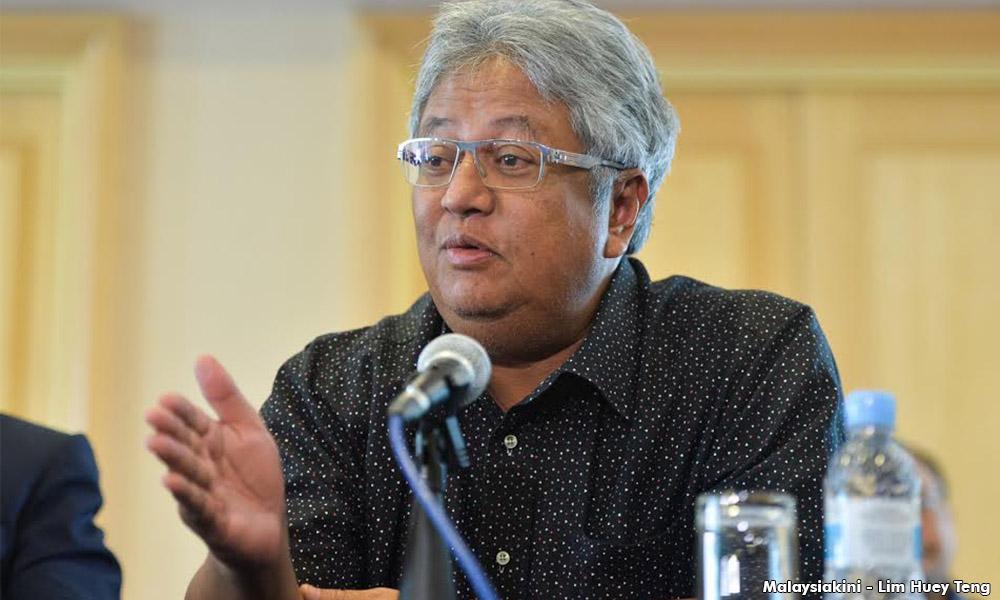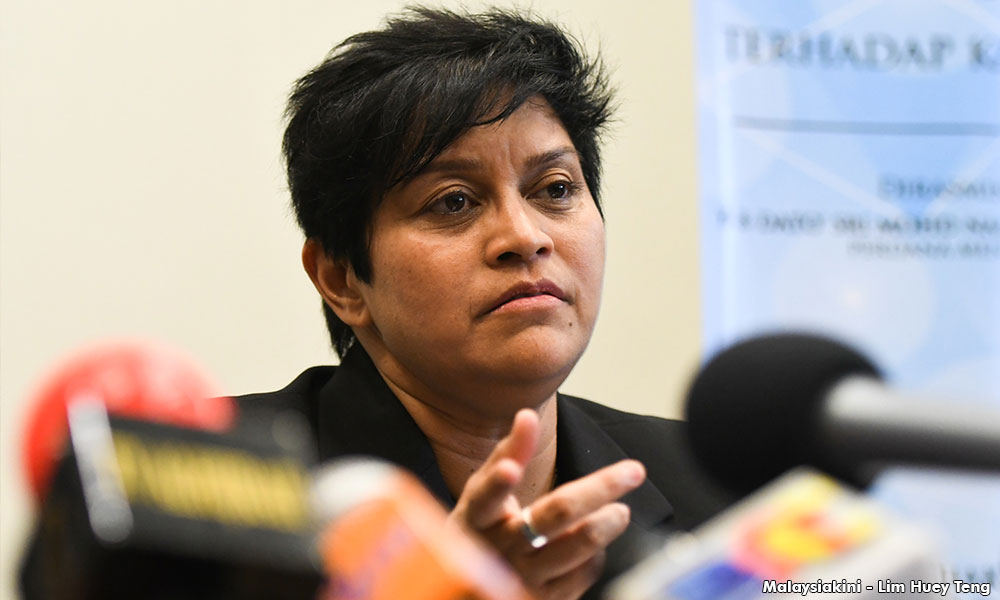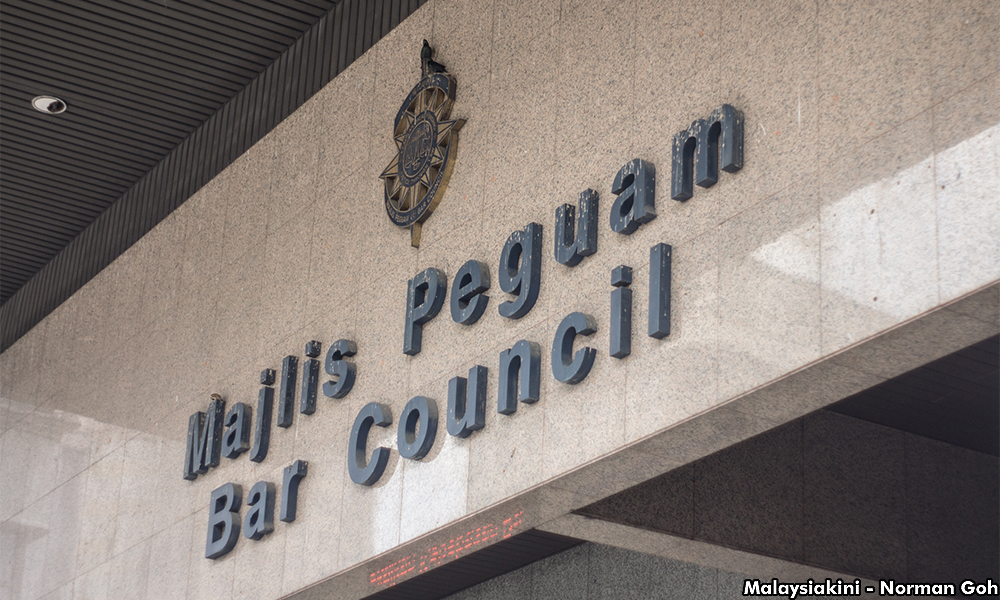
I refer to the article published yesterday by former law minister Zaid Ibrahim, particularly the part touching on the issue of the withdrawal of the proposed section 88A from the Law Reform (Marriage & Divorce) (Amendment) Bill 2017.
The writer's main contention is that '[i]f passed by Parliament that day, Section 88A would have become valid law ...' and, as such, it is '... misleading for a law minister and a senior minister to describe a provision as “unconstitutional” when the court has made no such declaration.'
He also argued that '... [j]ust because a provision appears to go against a certain article of the constitution ... doesn’t make it unconstitutional.' His justification is that '[w]hen a bill is presented to Parliament, everything contained in it must be checked by the attorney-general, otherwise, it cannot be submitted to Parliament in the first place ...'
In short, Zaid seems to believe that it is not for the ministers or politicians to worry about the constitutionality of any bill presented in the Parliament since it must have been checked by the Attorney-General's Chambers (AGC). After all, it is the duty of the courts to shoot down any laws which are unconstitutional.
In my observation, Zaid must be suffering from a mixed dementia. He tends to forget not only the political party that he joins but also his legal opinions on any particular issue.
Last year, Zaid was asked whether Syariah law would supersede the Federal Constitution in terms of a citizen’s fundamental rights if the bill to amend the Syariah Courts (Criminal Jurisdiction) Act 1965 was passed, and his reply was that 'Abdul Hadi’s Bill is unconstitutional, it is a blatant Taliban-esque act by PAS to impose its will on the people and this will render the Federal Constitution and all the provisions sacrosanct for a democracy meaningless.'
I am unable to fathom why Zaid is allowed to use the word "unconstitutional" but not Azalina Othman (photo).

After the decision to introduce section 88A was announced by Azalina, I was certainly not pleased, for I believe that the new section will be either shot down on the basis that it is unconstitutional or rendered ineffectual for its inability to resolve the unilateral conversion issue.
Azalina not only gave her due consideration to the public criticisms levied against the introduction of the new section but also withdrawn the section in order to get more time to review its efficacy and suitability.
What Azalina has done here is certainly an act that is brave and commendable. She proves once again that she is capable of well-executing her duties as the de facto law minister. Not only does she want meaningful solutions, she also listens to the opposing views in the process of finding those meaningful solutions.
Another example of her brilliance is the recent amendment to the Dangerous Drugs Act 1952 where she, after considering the views of the legal experts and the opposition, tabled an alteration to the amendment bill to give full discretion to judges in sentencing the convicted drug traffickers. The previous version of the bill provided that the trial judge could only exercise his discretion if the public prosecutor issued a certificate declaring that the accused had cooperated with authorities.

One final example is Azalina's meeting with the Bar Council last year, after the Malaysian Bar passed a motion calling for Mohamed Apandi Ali's resignation from his post as the attorney-general. Azalina apparently told the Bar that it should focus on issues concerning the bread and butter of the legal profession that would benefit 17,000 lawyers instead of getting entangled with political issues.
I agree with Azalina. It is for this very reason that the Malayan lawyers have, by and large, rejected the Bar. In the event the lawyers are not required by the law to renew their practising certificate annually, I doubt that the majority of them will ever engage with the Bar Council.
For instance, during the Bar Council election for the 2017/2018 term, a total of 17,394 ballots were issued, out of which only 3,939 ballots were returned. Now, all that the lawyers had to do were to tick 12 names, put the ballot back into the envelope provided and post it. Yet, only 22.6 percent of them responded while the remaining 77.4 percent threw the ballots into their dustbins.
In my opinion, Azalina Othman is one of the few ministers who take interest in their jobs, despite the criticisms and limitations. Zaid Ibrahim, on the other hand, is one of the many politicians who issue inconsistent statements from time to time, to score a political point over their rivals. - Mkini


No comments:
Post a Comment
Note: Only a member of this blog may post a comment.